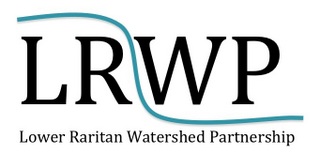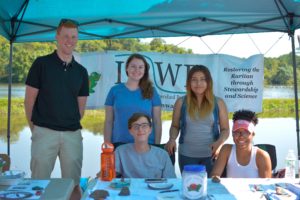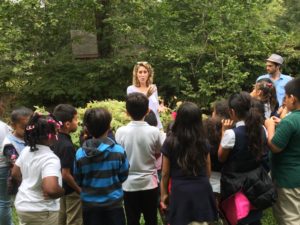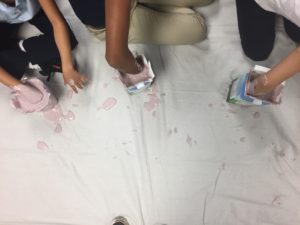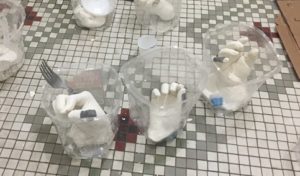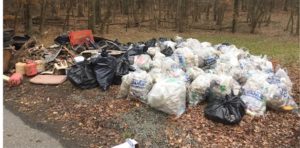Interning with the LRWP
Article by Quentin Zorn
My name is Quentin, and I am a junior at Rutgers studying environmental policy. Over the course of this semester, I have been interning with the Lower Raritan Watershed Partnership and have had the opportunity to work on a wide variety of projects relating to water quality issues. I participated in many stream cleanups, attended many exciting events such as the Raritan River Festival, got to contribute to several long-term art projects and learned a lot along the way. This experience has not only taught me a lot about watershed management, but also has broadened my way of thinking and strengthened my passion for combating environmental issues.
One of the more exciting projects I was able to participate in was teaching kids from the Plainfield Youth Center about water quality and watershed management, and to work on an art project with them. This was part of the Lower Raritan Watershed Partnership’s Project WADES Environmental Education curriculum. We started off by taking the kids to a nearby stream and training them in visual habitat assessments and how to notice what kinds of things can impair stream quality, such as nearby roads, maintained lawns and lack of riparian cover. We got to help build a foundation with these kids at a young age, which will help them understand and care about water quality issues as they grow up.
The art project we worked on with the kids was a lot of fun and interactive. Each kid selected a piece of trash found at a cleanup in the Lower Raritan Watershed, and then held that piece of trash in a container, which we would then fill with an algae-based mold called alginate.
The finished products were a bunch of unique sculptures of hands holding the trash.
When I was working on my own on this internship, I got to explore and contribute to several different datasets. I worked on a master database of every municipality in the Lower Raritan Watershed that contained a wide variety of information on each town’s environmental and development plans. I also worked with data from the New Jersey Department of Environmental Protection on different industries that have permits to pollute into the Raritan River, and I helped make this data more coherent and complete. This helped me understand what kind of information is important when considering water quality, and also my contributions helped make more complete and meaningful logs of data. It was really satisfying to see all this information come together and fulfilling to know that the public can access this data and learn what is going on in their watershed.
There were many cleanups of streams in the watershed throughout the duration of my internship, and I participated in as many as I could. The cleanups were far more rewarding than I anticipated them being. Arriving at any given cleanup gave me a feeling of hopelessness when I would see how much trash there was. I would think, “we can make this a little better, but it’s still going to be in a bad condition.” Every single cleanup I was surprised by how good of a job everyone did, and how great the area looked when we left. Seeing all of the trash piled up in the end was always shocking but felt good to have gotten it all out of the ecosystem.
